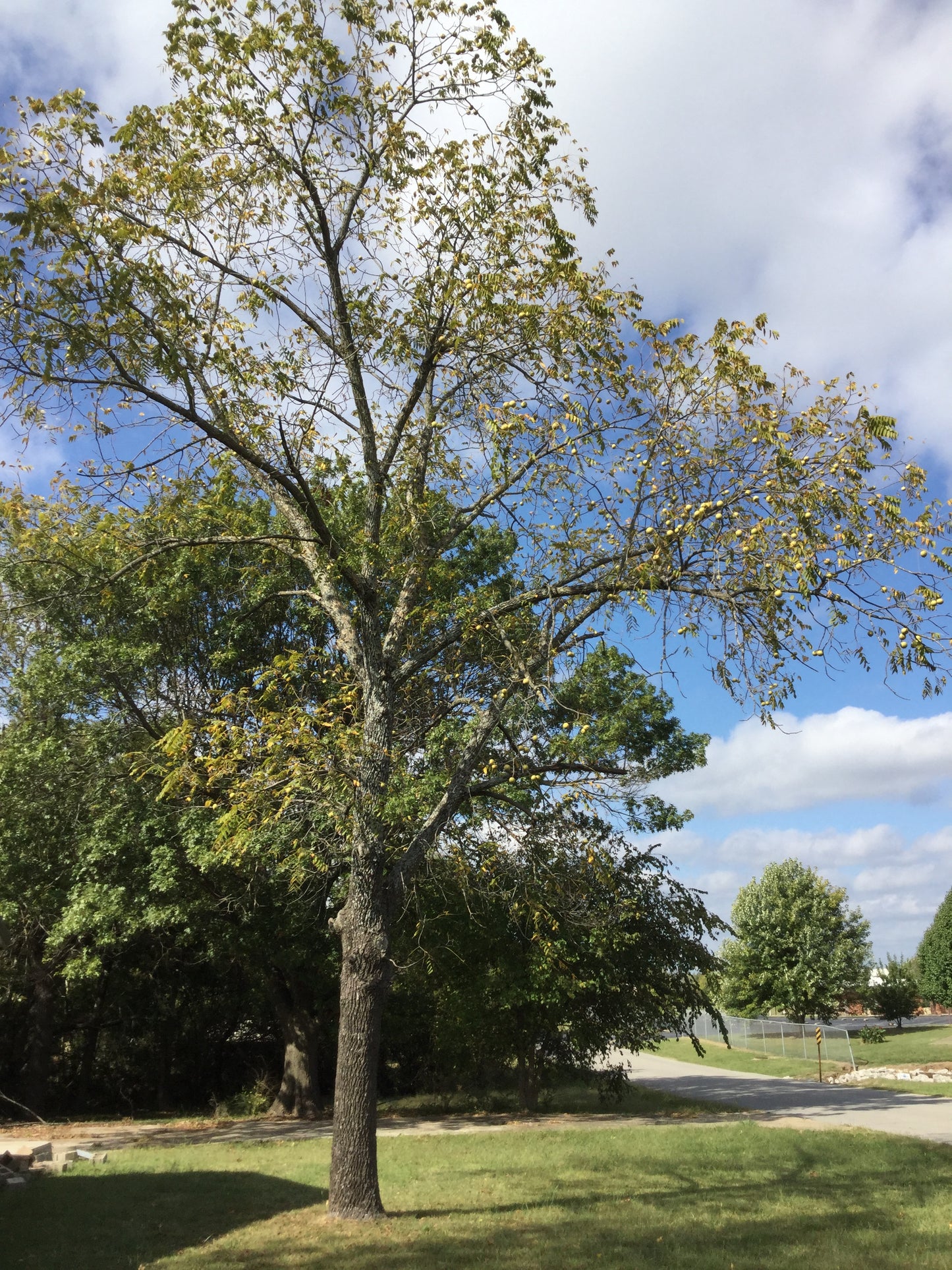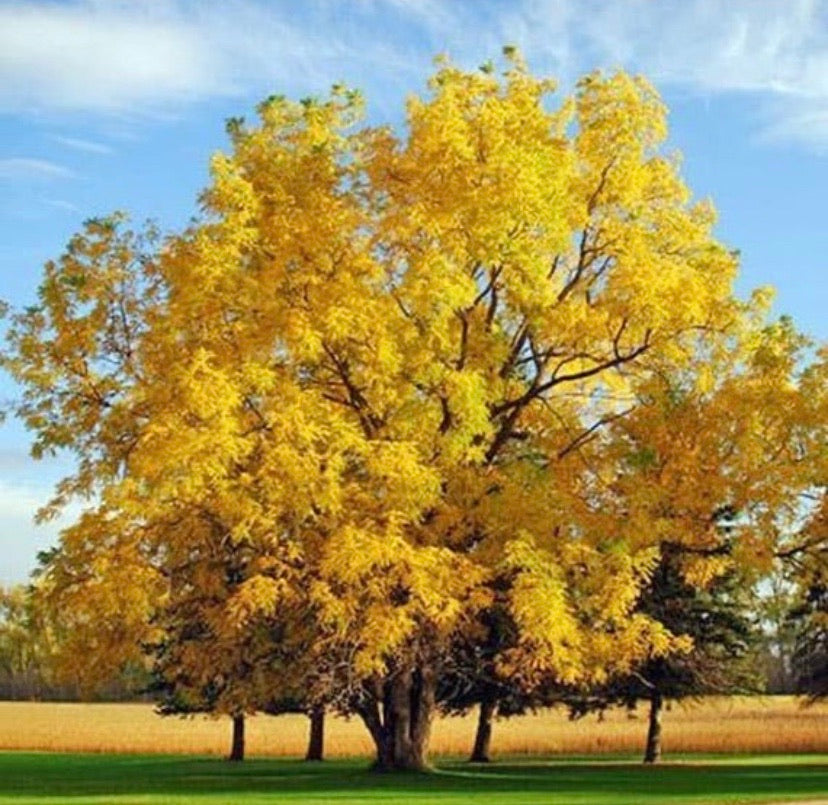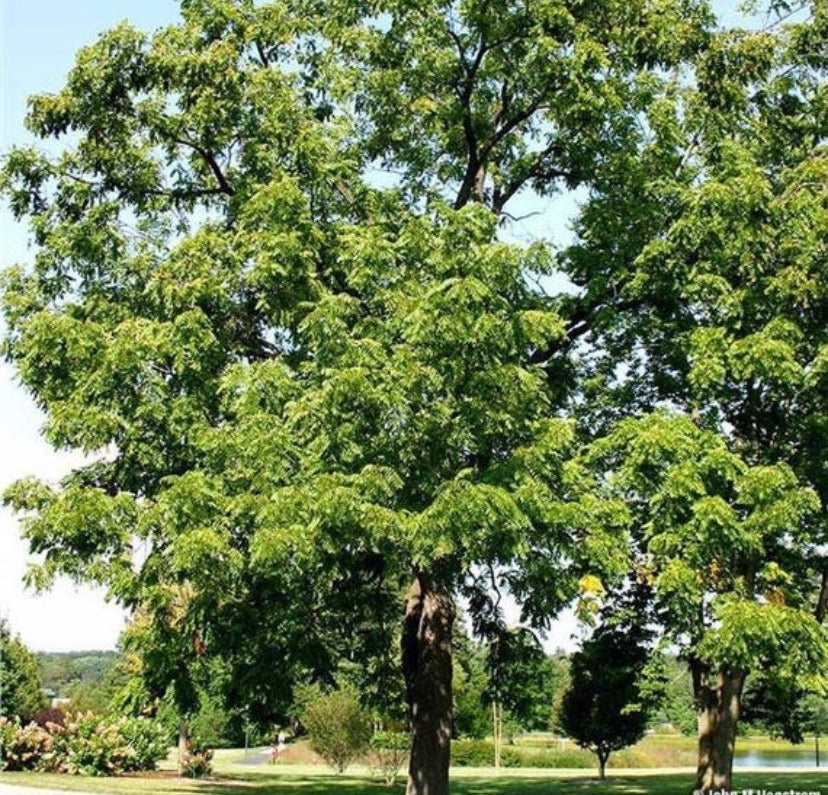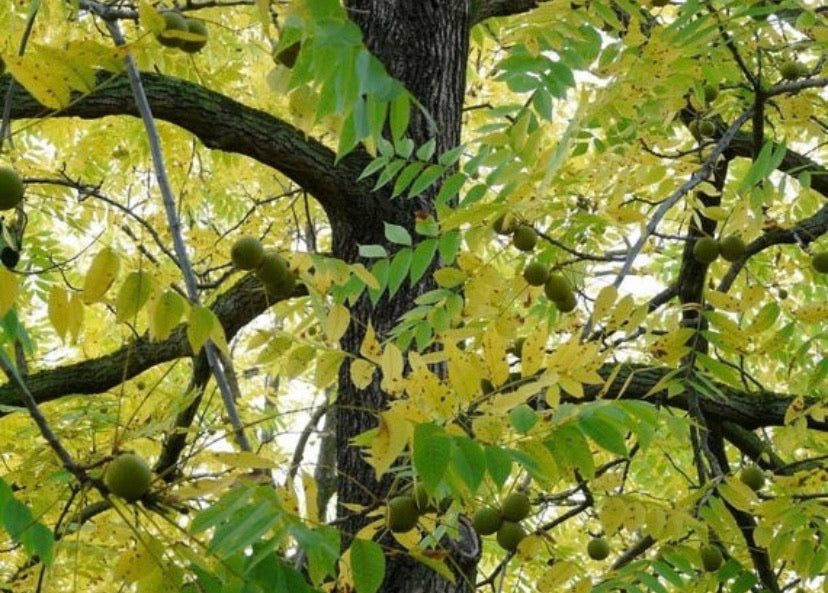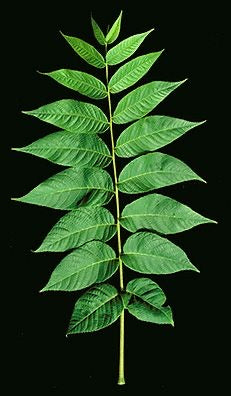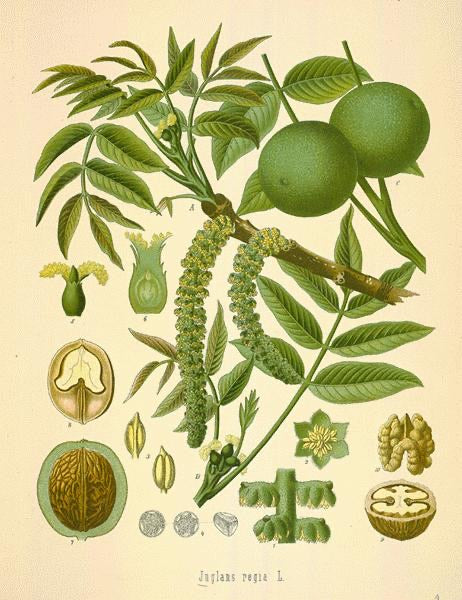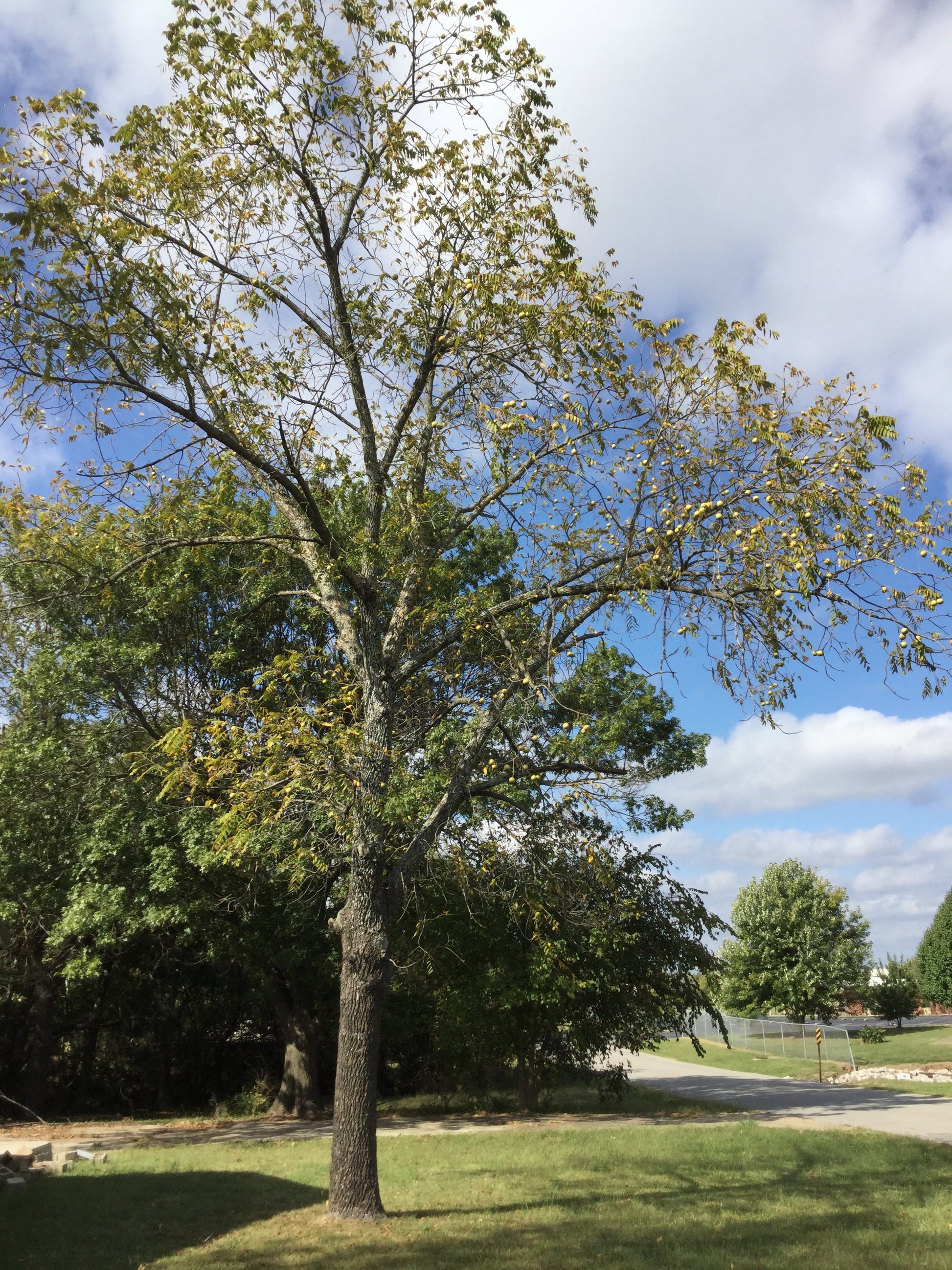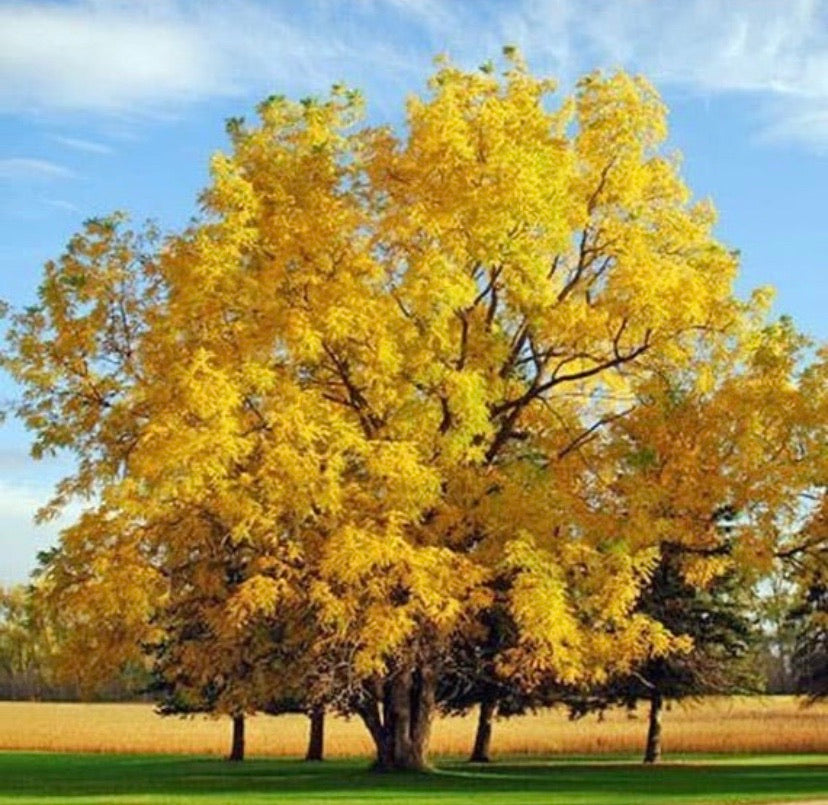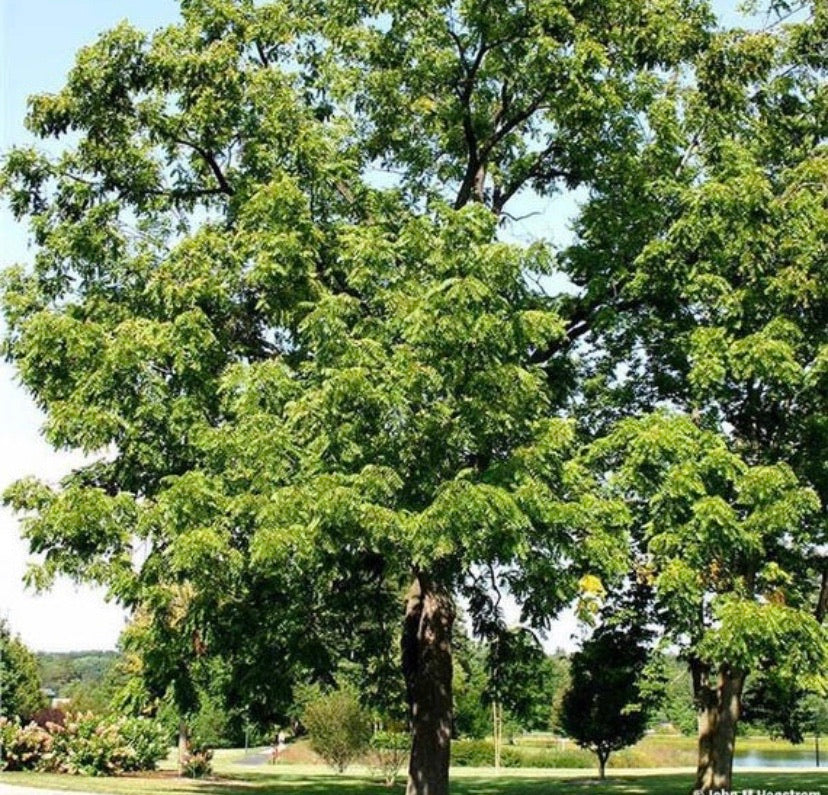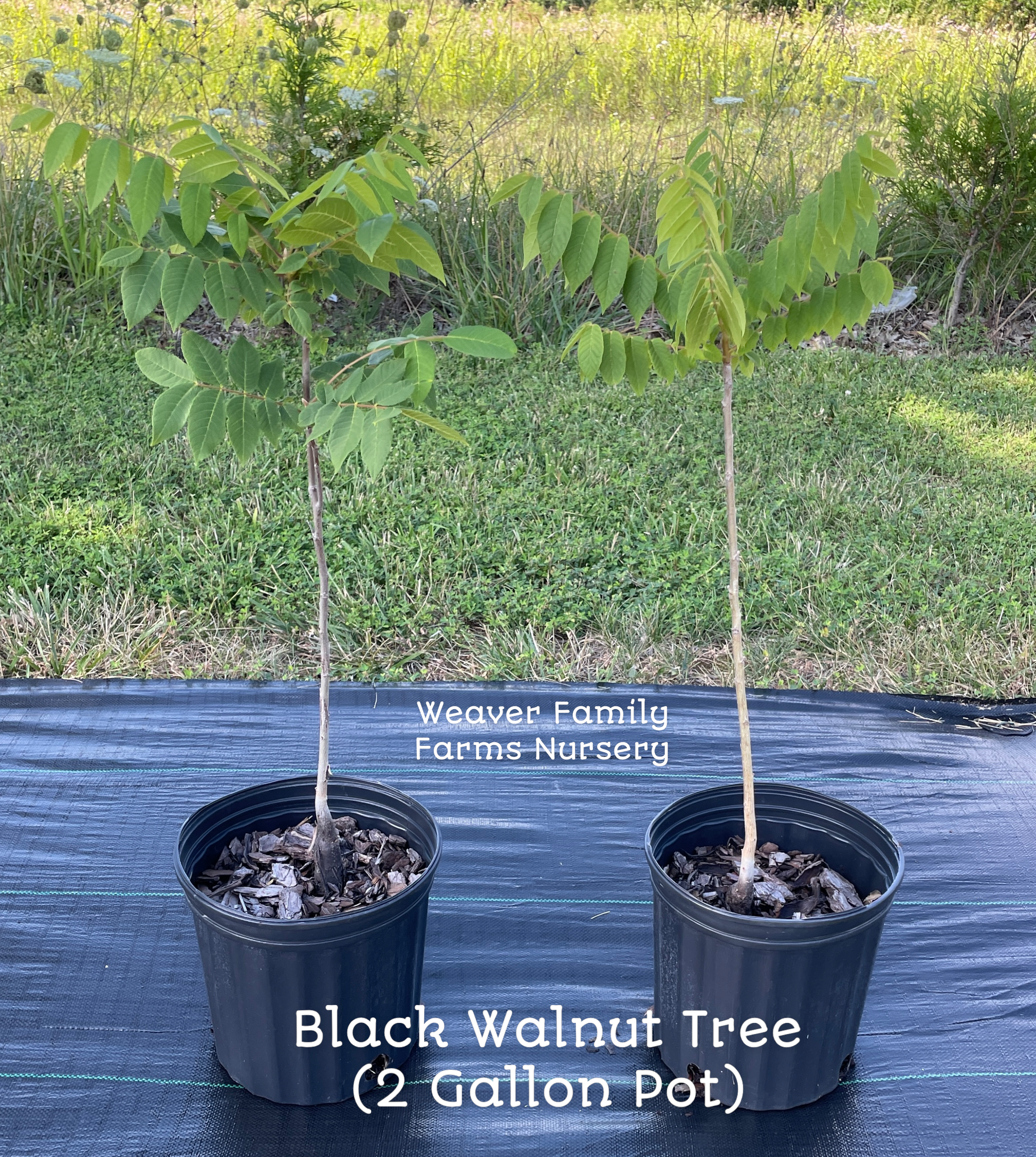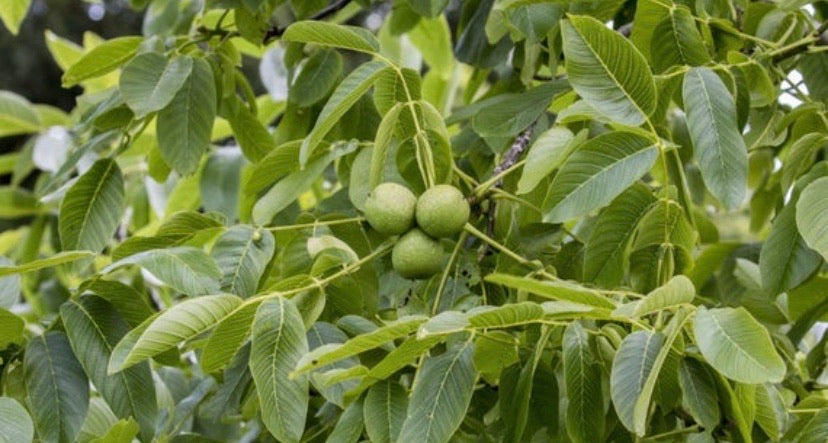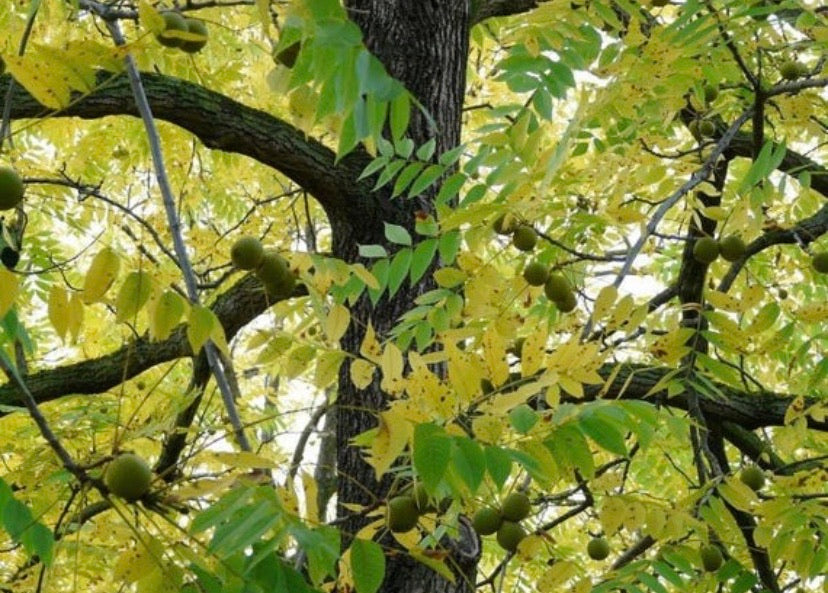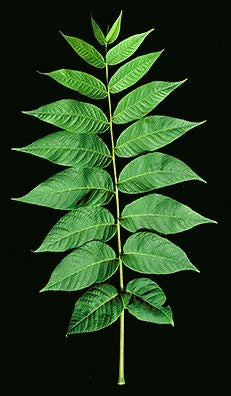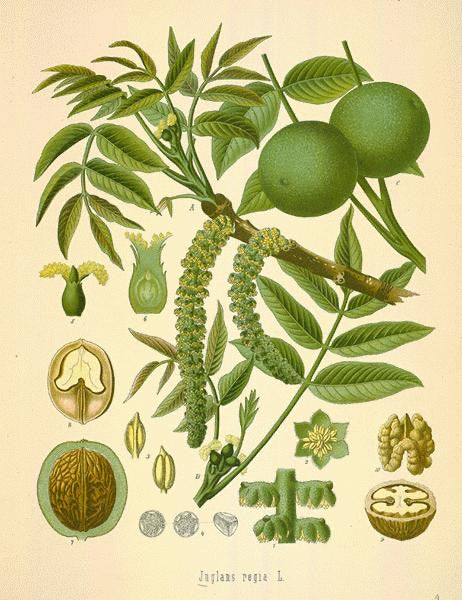Sold out! Take a look at these similar plants we have for you:
Couldn't load pickup availability
Introducing the Black Walnut Tree, a classic American tree known for its valuable hardwood and rich, edible nuts. These black walnut seedlings for sale are perfect for anyone looking to add a durable shade tree to their landscape that also provides the added benefit of a nut harvest. Black walnut trees are highly resilient and make a beautiful addition to larger landscapes.
Why Choose Black Walnut Seedlings?
- Hardy & Long-Lasting Shade: Black walnut trees are known for their strength and durability, providing dense shade and thriving across a wide range of climates.
- Nut Production: A mature black walnut tree produces an abundance of nuts, prized for their rich, earthy flavor and nutritional benefits.
- Valuable Hardwood: Black walnut wood is highly sought after for its strength and deep color, often used in furniture and woodworking.
- Wildlife Habitat: These trees are a valuable food source for wildlife and add biodiversity to your landscape.
Other Names for Black Walnut
- American Walnut
- Black Walnut Sapling
- Juglans nigra
- Black Walnut Seedling for Sale
These names ensure you’re selecting the right black walnut tree variety for your needs.
Practical Considerations
The black walnut tree prefers full sun and well-drained soil. Due to the presence of juglone, a natural compound produced by the tree, it’s recommended to plant it away from sensitive plants. Consider pairing it with other hardy trees from our Food Trees Collection or Large Shade Trees Collection for a diverse landscape. Companion trees like the Shellbark Hickory or Hardy Pecan also thrive in similar conditions.
Specifications:
- Name: Black Walnut (Juglans nigra)
- Grow Zone: 4 to 9
- Growth Speed: Moderate to fast
- Light Requirements: Full sun
- Average Full-Grown Height: 50 to 75 feet
- Average Full-Grown Width: 50 to 75 feet
- Deciduous or Evergreen: Deciduous
- Pollination: While black walnuts are self-pollinating, planting more than one tree can increase nut production.
Estimated Size
Your black walnut seedlings will arrive ready to plant, with a strong root system that will help establish them quickly in your landscape. This tree is well-suited for larger properties, where it can mature fully over time, providing ample shade and nut production.
Explore More About Black Walnut Trees
For tips on caring for black walnut trees, visit our FAQ page. Plant a piece of American heritage in your landscape by ordering your black walnut seedlings for sale today!
Shipping
Shipping
All of our trees ship Bareroot which means they will ship with no soil and no pot. This allows the plants to have a safer trip through the mail as well as to cut down on shipping costs majorly. The roots will be carefully removed from the pot they are growing in, and then wrapped in moist material with the roots sealed up to keep them moist during transit.
Shipping Restrictions
Shipping Restrictions
To follow your state regulations, we can not ship this plant to California, AZ, AK, HI
Deliveries to WA, UT, ID, NV, MT, ND, and SD MUST be shipped Bareroot.
Check Out Our States We Can Ship To Guide
Will My Plant Have Leaves?
Will My Plant Have Leaves?
The arrival of your plant may vary depending on the season you order. In zone 6, plants have leaves during the growing season but not in late fall, winter, or early spring when they are dormant.

Bareroot Vs Potted Plants
Bareroot Vs Potted Plants
Our method involves combining potted and bareroot plants. They are initially grown in pots before being carefully shipped without the pot or heavy dirt, as per shipping regulations. The plant is then sent to you bareroot.
Click Here To See More Information About Bareroot VS Potted Trees

What Is A Dormant Tree?
What Is A Dormant Tree?
A dormant tree is a deciduous plant that appears asleep and does not have leaves upon arrival. Proper planting and care are necessary until it awakens in the growing season.
Click Here To See The Best Time Of Year For Planting Trees In The Ground

What Is A Grow Zone?
What Is A Grow Zone?
A grow zone is the precise USDA zone where you reside. Certain plants are not adaptable to colder zones, while others struggle in warmer zones. Familiarizing yourself with your zone and the plant's compatibility is vital. Click Here to learn more about grow zones.

What If I Have Other Questions?
What If I Have Other Questions?
We have a great FAQ page that answers many more questions and in great detail to help you have success with your new plants! See Our Frequently Asked Questions Here.

